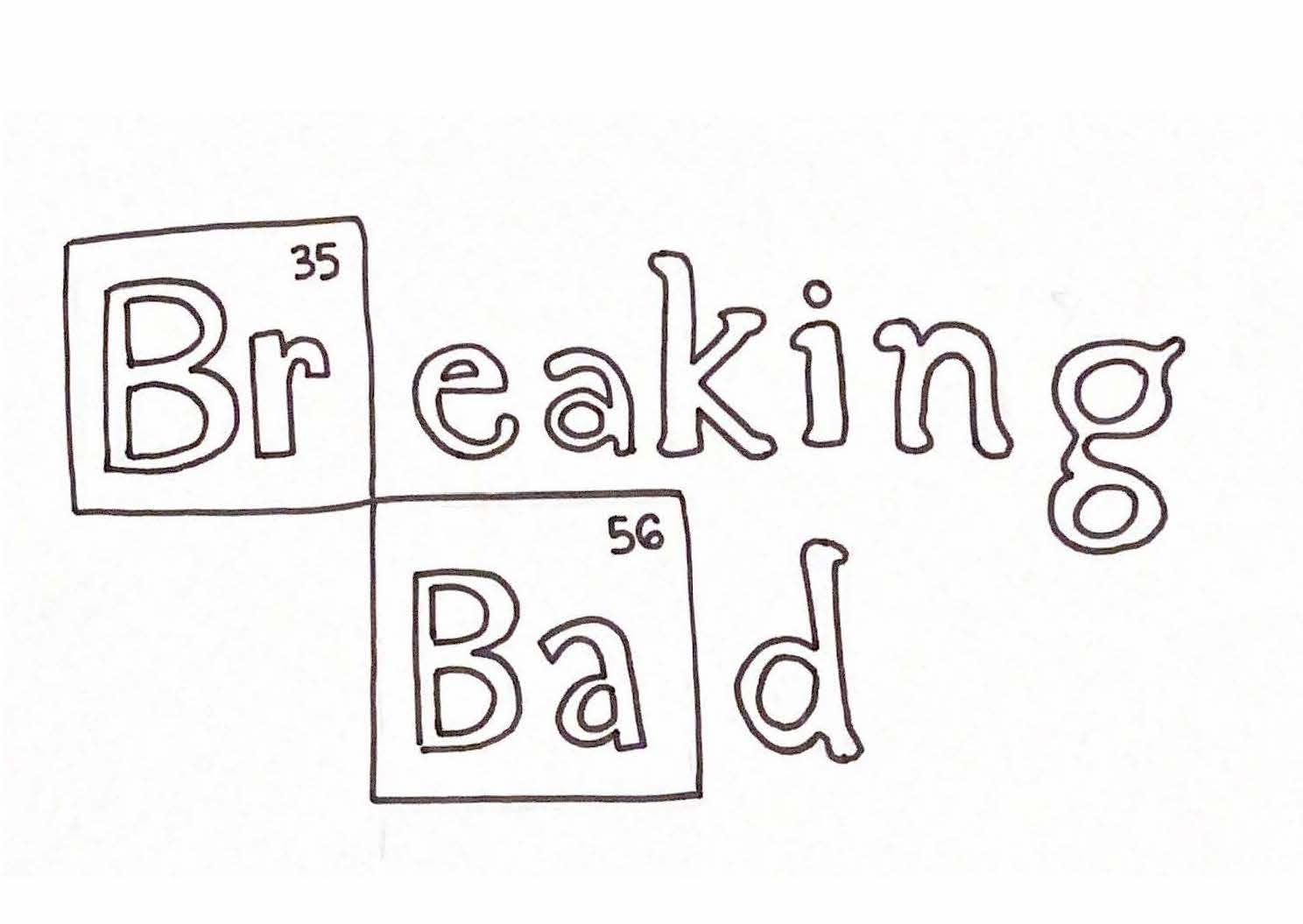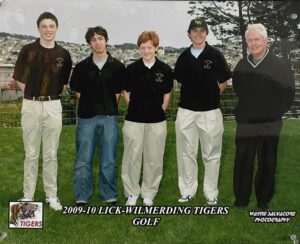From Tik Tok comment sections to Reddit discussion boards to everyday conversations with friends, one thing is clear: we hate Skyler White. As crime drama television series Breaking Bad finds new popular audiences among Generation Z (Gen-Z), Anna Gunn’s iconic character forces us to confront the insidious, cross-generational prevalence of casual misogyny.
Breaking Bad follows the story of Walter White, a former high school teacher who begins producing and selling methamphetamine (meth) after being diagnosed with lung cancer to save money for his family in anticipation of his death. Skyler White, portrayed by Gunn, is Walter’s wife and the mother of his children.
The show begins with the Whites’ eldest son in high school and Skyler unexpectedly pregnant with a daughter. Her life may come off as mundane to many viewers, yet feels archetypical to that of a “housewife.” She spends most of her days at home, selling extra things, writing short stories and finding other miscellaneous ways to earn extra money for her family’s moderate financial troubles. Considering the show’s original airing (2008), she is the epitome of a stay-at-home mom during this brutal financial recession. She is the image the conventional early 2000s working-class American housewife.
Initially, Skyler is unaware of her husband’s perilous endeavors, as well as his cancer diagnosis. Walt soon confesses his diagnosis, and after two seasons of amateur investigations, interventions and a newly tumultuous relationship with her husband, she discovers his newfound passion: cooking and dealing meth with Jesse Pinkman, an old student and newfound partner-in-crime.

“At first watching the show, I saw Skyler as the typical mom and a typical wife to Walter.” Paul Finn ’23 said.
While watching the show, Skyler’s character made sense to me. She notices her husband acting out of the ordinary, investigates, and upon realizing the appalling truth, scolds him. She takes measures to remove herself from the situation, trying to prevent him from continuing. Even if her measures seemed sometimes extreme or risqué, to me, a viewer, they seemed perfectly on brand for the certain type of concerned, repressed, working-class housewife Skyler represented. I’d even go so far as to say that her character helps ground the show — without her, Walter, Jesse and their misadventures would spiral out of plausible reality.
While the plot is already fantastical, I saw Skyler as one of many creative choices (among the suburbia backdrop, simple clothing adorned by most characters and fast-food restaurants) that gave the audience the slightest notion that in some alternate reality, Walter and Jesse could exist. This keeps audiences reliable, craving for more and able to relate to characters. Sure, she was often the obstacle between protagonists and their meth-cooking dreams, but she made so much sense, so my thoughts on her character remained altogether neutral.
Yet, I was surprised to discover not only how her character was seen as controversial, but the ardent hostility with which many original fans of the show critiqued her character arc, personality and even existence on the show; the casual vehement hate many felt towards her.
Critical reactions to Skyler’s character from the original airing of Breaking Bad spanned from mild critique to absolute abhorrence for her every action. On different discussion boards and Facebook groups, these critiques spiraled into extremes. This prompted Gunn to publish an Op-Ed in the New York Times after the series finale, explaining the misogyny behind many of these critiques. “My character, to judge from the popularity of Web sites and Facebook pages devoted to hating her, has become a flash point for many people’s feelings about strong, nonsubmissive, ill-treated women. As the hatred of Skyler blurred into loathing for me as a person, I saw glimpses of an anger that at first simply bewildered me,” she wrote.
Though these critiques took place at the time of the original airing of the show, Breaking Bad has gained newfound popularity among Gen-Z. From TikTok edits and meme accounts to new discussion forums, the television series is in again, accompanied by a new surge of critiques.
Between the final airing (2013) and today (2022), we’ve witnessed multiple women’s rights and gender equality movements, including #MeToo, multiple Women’s Marches and widespread outcry (and protesting) against the overturning of Roe v. Wade. Yet, an anonymous Reddit user wrote in 2021, “Skyler was justified sometimes but she was definitely a major b**** regardless.” A 2022 TikTok edit with over 1.4 million likes features flashing images of Walt living the perfect life of riches, the constant text above this photo carousel reading “Breaking Bad if Skyler didn’t exist.” A top comment reads, “No Skyler = Good life.” Although our societal norms around gender and sexism have evolved, many may find that commentary on female and femme characters, such as Skyler White, has not.
Similarly, many critics will mention Skyler’s infidelity to Walt, bringing up her one-time affair with a boss (Ted Beneke) in season three. While this is a clear instance of betrayal against Walt, as a viewer, I saw Skyler and Walt’s marriage as functionally over even before this infidelity. Skyler cheats on Walt, but throughout the seasons leading up to this event, Walt has continuously lied about his very existence. He has hidden his chronic illness, pretended to hold false jobs, began producing meth, and put his entire family, Skyler included, in danger by extension. In comparison, her infidelity is arguably negligible, and a clear act of rebellion against a vicious Walt. It’s made clear that she purposefully cheats on him to get back at him — it’s clearly intentional. Henceforth, even this “flaw” (which serves to add more complexity, and thus humanity to her character) is a microcosm of the way we weigh men’s and women’s wrongs in society.
When Walt becomes a drug producer and puts his family in mortal danger, it is justified through his character, and seen as justifiable in his marriage. Yet when Skyler is unfaithful at one time, it is separated from her existence as a human with emotions, living situational context, and used to justify her banishment from the possibility of empathy.
As we try to understand the role Skyler holds beyond the show in the consciousness of her audience, the Bechdel test comes to mind. Created by cartoonist Alison Bechdel, the test measures the representation of women in film. To pass, a film/show must include two female characters talking to one another about something other than a man. While American media continues to lack healthy, realistic representations of women, gauges such as the Bechdel test continue to spotlight our media’s weak points.
Breaking Bad does not pass the Bechdel test. While Skyler is arguably a complex character, albeit generalized by her audiences, the Bechdel test defines Breaking Bad as an actively mysoginistic show. The two most consistent female characters — Skyler and her sister Marie Schrader — often engage in conversations, but these usually center on their husbands. “In tone, writing and cinematography, I thought the show was very much directed toward a male audience,” Emily Lam ’23 said. Skyler and Marie’s entire characters are defined by their relationships with these men, who unlike them, hold active roles in a plot of meth production, law enforcement and drug dealing. While Breaking Bad offers a fresh plot and TV experience, it falls into a larger continuum of gendered and misogynistic media.
As Breaking Bad gains popularity among Gen-Z, our opinions on Skyler stand as a litmus test to just how much we genuinely value women and stand against misogyny. While growing youth currently forming social opinions may pride themselves on progressiveness; against sexism, or at least overt misogyny, the way we discuss Skyler remains an indicator of how much we truly repect women’s existence.
We hate Skyler the instant she stops being a perfect domestic servant. We despise her for nagging Walt and trying to stop his dangerous hobbies. We hate her for the exact characteristics that define her as a mother and wife because we are conditioned to hate our mothers and wives, women with active, complex, roles in most of our lives. While as a Gen-Z audience we may pride ourselves for working to dismantle sexist conventions, our stances around Skyler White proves the ongoing prevalence of sexist dialogue, and the surreptitious cross-generational presence of misogyny.






